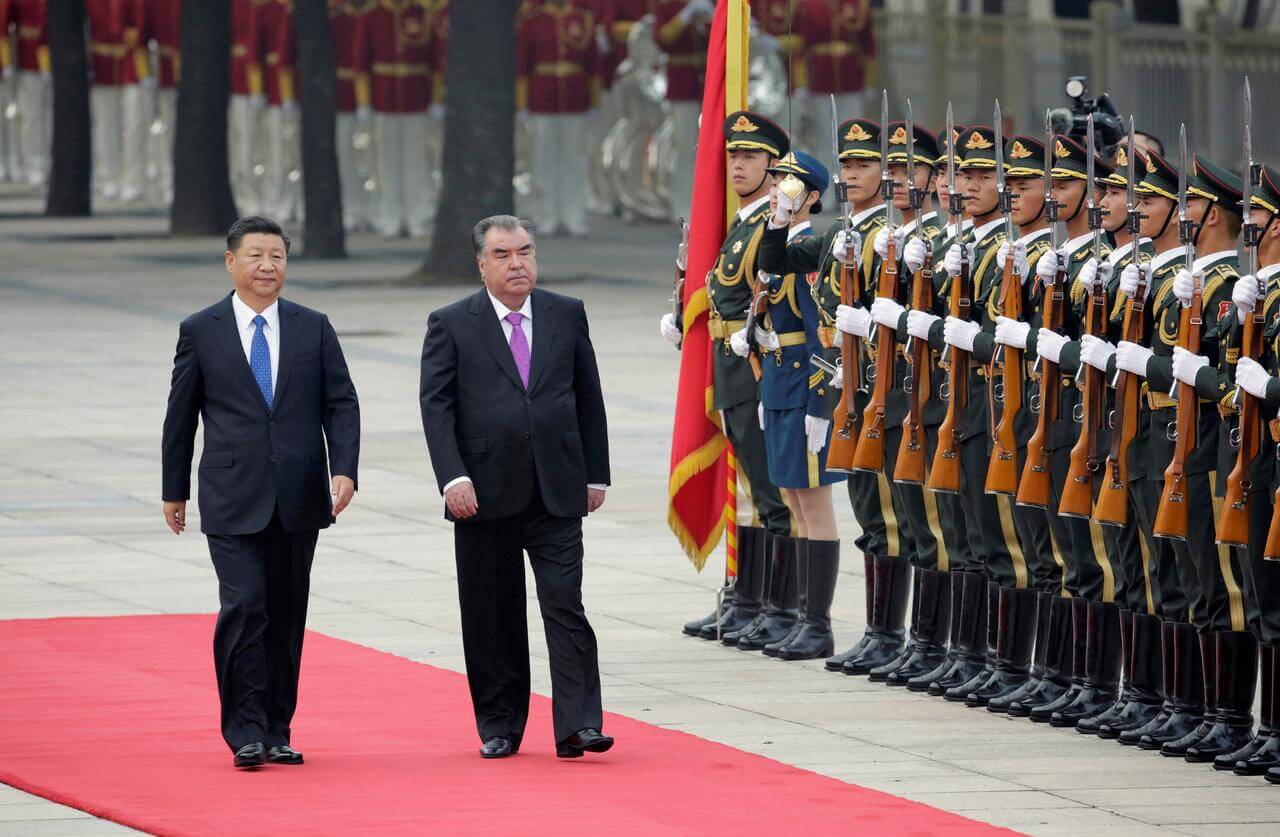In late July, Chinese historian Cho Yao Lu published an article citing Chinese sources claiming that the Pamir mountain region in Tajikistan is historically Chinese territory and must be returned. Over the past few days, Indian media houses have reported the article as an “official endorsement” from the Chinese Communist Party (CCP) regarding its expansionist goals in the region, especially in the context of its moves in Ladakh and Bhutan.
In the article, the title of which translates to the provocative “Tajikistan Initiated the Transfer to China of Its Land and the Lost Mountains of the Pamir Were Returned to Their True Master”, Cho claims that China lost the Pamir territories in the 19th century under Russian and English pressure. “After the formation of the newest Chinese state (1911), the first task of the authorities was to return the lost lands. Some of the lands were returned, others still remain under the control of neighbouring countries. One of such very ancient regions is the Pamir, which was outside China for 128 years due to the pressures of world powers,” wrote Cho.
Fears over China’s expansionist intentions in the Central Asian region run deep in the post-Soviet states. In fact, Tajik and Russian officials have, for long, seen Beijing’s close involvement in the Pamir region’s gold mining industry, doubled with its construction of airports and border posts in the area, as elements of a broader annexation plan by the Chinese. In 2010, Dushanbe signed a new territorial border agreement with Beijing, in which it ceded around 1,158 sq km of the Pamir mountain region in order to be relieved of debt amounting to hundreds of millions of dollars. According to reports, over half of Tajikistan’s external debt is owed to Beijing. This is perhaps why, in 2016, the country invited Beijing to open a new military base in the Pamirs. Further, Dushanbe is also heavily reliant on China for security and intelligence support.
Undoubtedly, an expansionist territorial move like this from the Chinese has the power to drastically disturb regional geopolitical balance, not just for Central Asian countries but also for Afghanistan and the American troops that continue to remain deployed there.
Dushanbe has reportedly demanded that Beijing issue an official renouncement of the article and halt the publication of those with similar themes. The article has also caught the eyes of Russian officials, for whom Central Asia is a crucial backyard for strategic relations. Therefore, Russian outlets have also strongly criticized the piece, implying that this could be a move by the Chinese to test reactions to its potential border aspirations.
Cho was part of an official Chinese delegation to the Pamirs in 2018, as a part of President Xi Jinping’s Belt and Road Initiative, and his field notes were published on the project’s official website. However, analysts at Eurasianet are of the belief that Cho’s article is not a ’veiled hint’ from the CCP, but rather a message by a nationalist embedded in truths that seem to have hit a sensitive spot in Tajikistan.
Chinese Historian Hints at Expansionist Agenda in Tajik Territory
China already has a significant presence in the strategic Pamir mountain region.
August 10, 2020

Chinese President Xi Jinping (L) with Tajik President Emomali Rahmon in Beijing, 2017. SOURCE: REUTERS
